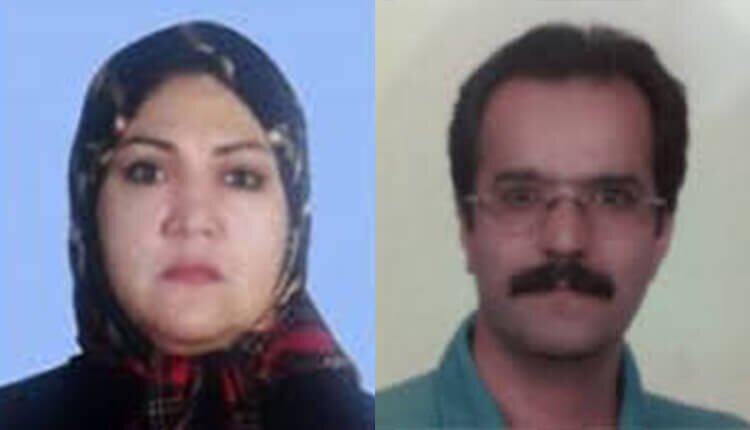Iran-HRM – The regime’s Execution of Imam Khomeini’s Order confiscated the home of political prisoners Fatemeh Mosanna and Hassan Sadeghi. The husband and wife have been in prison for the past four years. The Execution of Imam Khomeini’s Order known as “Setad” is under the direct control of Khamenei and seized the assets of political prisoners, religious minorities, and other groups since the beginning of the Islamic Revolution in 1979.

The confiscation of the couple’s home is part of a verdict issued earlier by a Revolutionary Court in Tehran.
According to the verdict, their shop had also been confiscated in March 2019 and their family have no other source of income.
An informed source said: “The house of Hassan Sadeghi and Fatemeh Mosanna is located in the eastern part of Tehran. Ms. Mosanna got the confiscation notice during her temporary leave from prison.”
Ms. Mosanna’s children and her 89-year-old mother are now homeless after the authorities confiscated their house in Tehran.
Since 2015, Hassan Sadeghi and his wife Fatemeh Mosanna have been serving 15-year prison sentences after being arrested in January 2013 for organizing a mourning ceremony for Hassan Sadeghi’s father Gholamhossein Sadeghi, a member of the People’s Mojahedin Organization of Iran (PMOI/MEK).
The government has confiscated all of the couple’s properties, including what Hassan Sadeghi had inherited from his father.
Hassan Sadeghi served another six years in prison back in the 1980s from the ages of 15 to 21 for engaging in political activities related to the PMOI.
During that time, Hassan Sadeghi’s wife Fatemeh Mosanna and her mother Ferdows Mahboubi served two and four years in prison respectively.
Ms. Mosanna’s brothers, Ali, Mostafa and Morteza Mosanna were executed in 1980s, all for the charge of “collaboration with the PMOI.
Thousands of political prisoners and members of the PMOI were executed without trial during the 1980s.
They were mostly young men and women, some just teenagers, imprisoned because of their political opinions and non-violent political activities.
 Shabtabnews In this dark night, I have lost my way – Arise from a corner, oh you the star of guidance.
Shabtabnews In this dark night, I have lost my way – Arise from a corner, oh you the star of guidance.


